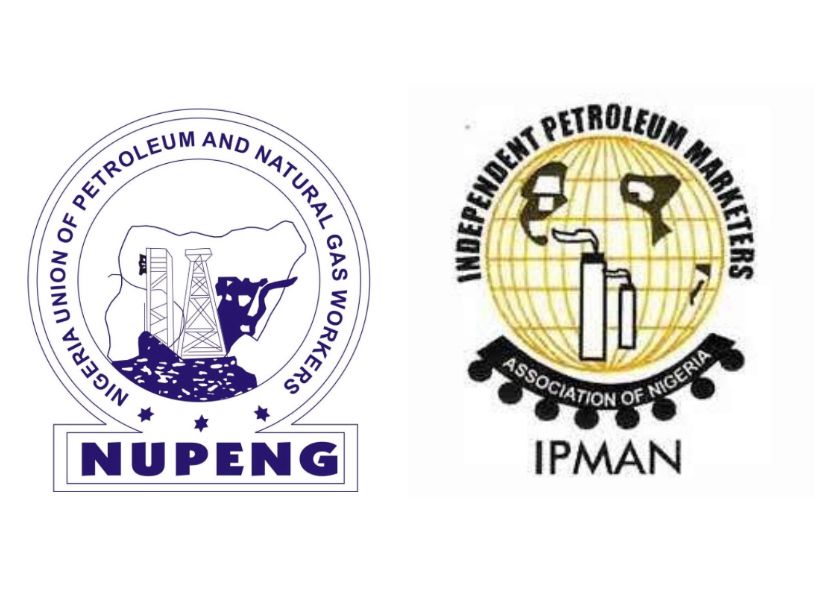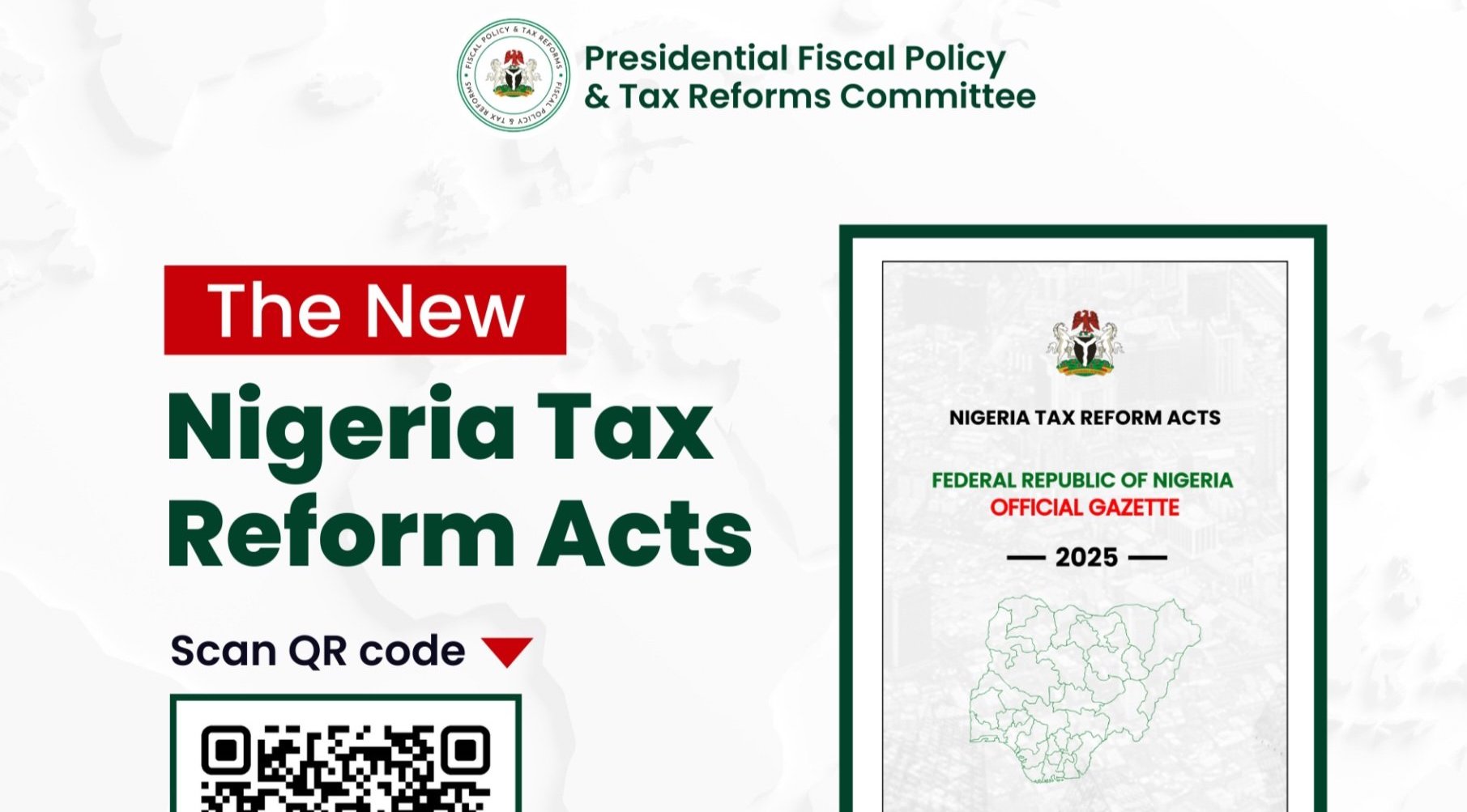The umbrella body of lube makers – Lubricant Producers Association of Nigeria (LUPAN) – has decried the federal government’s plan to commence issuance of licences for the importation of lubricants into the country, warning that it is capable of scaring fresh investors.
The association argued that the policy announced recently by the Nigerian Midstream and Downstream Petroleum Regulatory Authority (NMDPRA), contradicts the Renewed Hope mantra of the present administration, and could stifle the domestic lubricant industry, if implemented.
Making a presentation on the vexed issue at the NMDPRA headquarters in Abuja, the Executive Secretary of LUPAN, Emeka C. Obidike, warned that the planned issuance of permits for lubricant importation, is capable of erasing the huge gains of the huge investments by indigenous plants in the lube manufacturing sector over the years.
The lubricant producers, therefore, warned that one of the direct consequences of implementing the policy is that many companies in the local industry might slip into bankruptcy and insolvency because of the huge losses to be experienced.
At the forum held on Wednesday, June 25, 2025,Obidike also registered LUPAN members’ worries that the planned import permit requirement could dissuade fresh investments at home at a time the Federal Government is promoting a backward integration agenda.
According to the association, issuance of import licences is also at variance with the Federal Government’s lubricant industry policy currently being reviewed by the Federal Ministry of Industry, Trade and Investment.
The LUPAN Executive Secretary further argued in the presentation, “It (the proposed policy) will kill the growth recorded in the last few years in the sector, and set back the lubricant policy of the Federal Government, which is currently being perfected by the Federal Ministry of Industry Trade and Investment in the lubricant Industry.”
The lubricant producers, Obudike disclosed, have a combined capacity far above national demand and even export, but are currently being idled because of the influx of finished products.
He, however, bemoaned a situation where LUPAN members are currently utilising less than 30 percent of the installed capacities owing to the flooding of the Nigerian market with finished lubricants.
He feared that the situation could get even more dire with many lubricant plants in Nigeria rendered redundant, if NMDPRA goes ahead with the new policy.
The result will be that the crime rate in the country will spike in view of the over 200,000 direct jobs that will be affected, the lube makers pointed out.
Influx of (imported) finished lubricants, LUPAN insists, will create an undue market advantage to the imported lubes, because the local industry is already trudging under the heavy weight of many challenges, like erratic power supply, multiple taxation, foreign exchange fluctuation, poor infrastructures, and high bank interests, among others.
The lubricant producers drew attention to the serious compromise created by the indiscriminate granting of basic oil import permit licence to none plants, foreseeing a situation where the new policy will create a similar consequence.
Related to this is the concern that there will “be an increase to the breakdown of machineries all over the country, as a result of low-quality lubricants imported into the country, with recycled oils without additives.”
Reminding the NMDPRA Authority Chief Executive that no country can achieve true greatness with over dependence on foreign products, lubricant producers stated: “Every country protects the key business that they have due advantage in. Same is expected from your esteemed agency, rather than kill the same.”
Obidike made a passionate appeal to the Authority Chief Executive, saying “We are most disheartened and disillusioned by the facts that a government agency which should be at the forefront of every effort and scheme to bring about a more conducive environment for business to thrive, are wont to eagerly and arbitrarily formulate policies and regulations, that would insidiously and surreptitiously undermining and frustrating the government effort to revamp the economy.
“We thus, reiterate our appeal to the Authority Chief Executive to use your good office to facilitate the cessation of the import permit requirement for all imported Lubricants into the country.
“Sir, we categorically affirm with depth and sincerity and humility our belief in the administrative perspicacity in your eminent office to proffer an effective solution to the aforementioned dilemma which will soon face the industry, and effectively reclaim the situation as we are on our part pledge our unalloyed commitment to your agency, its goals and vision.
“Let’s make Nigeria great by promoting our local industry.”







